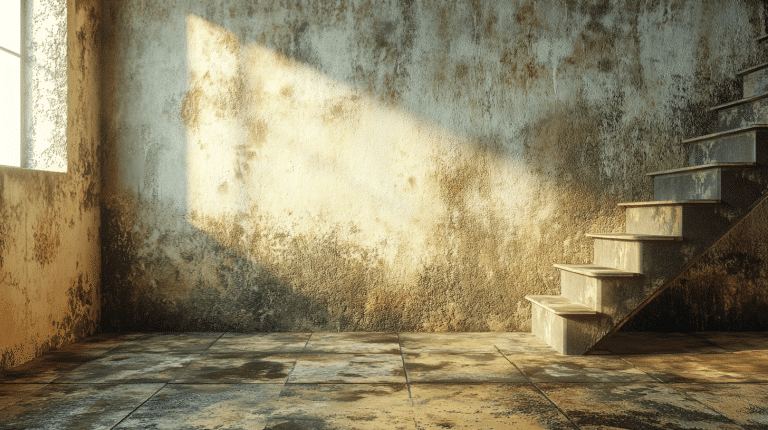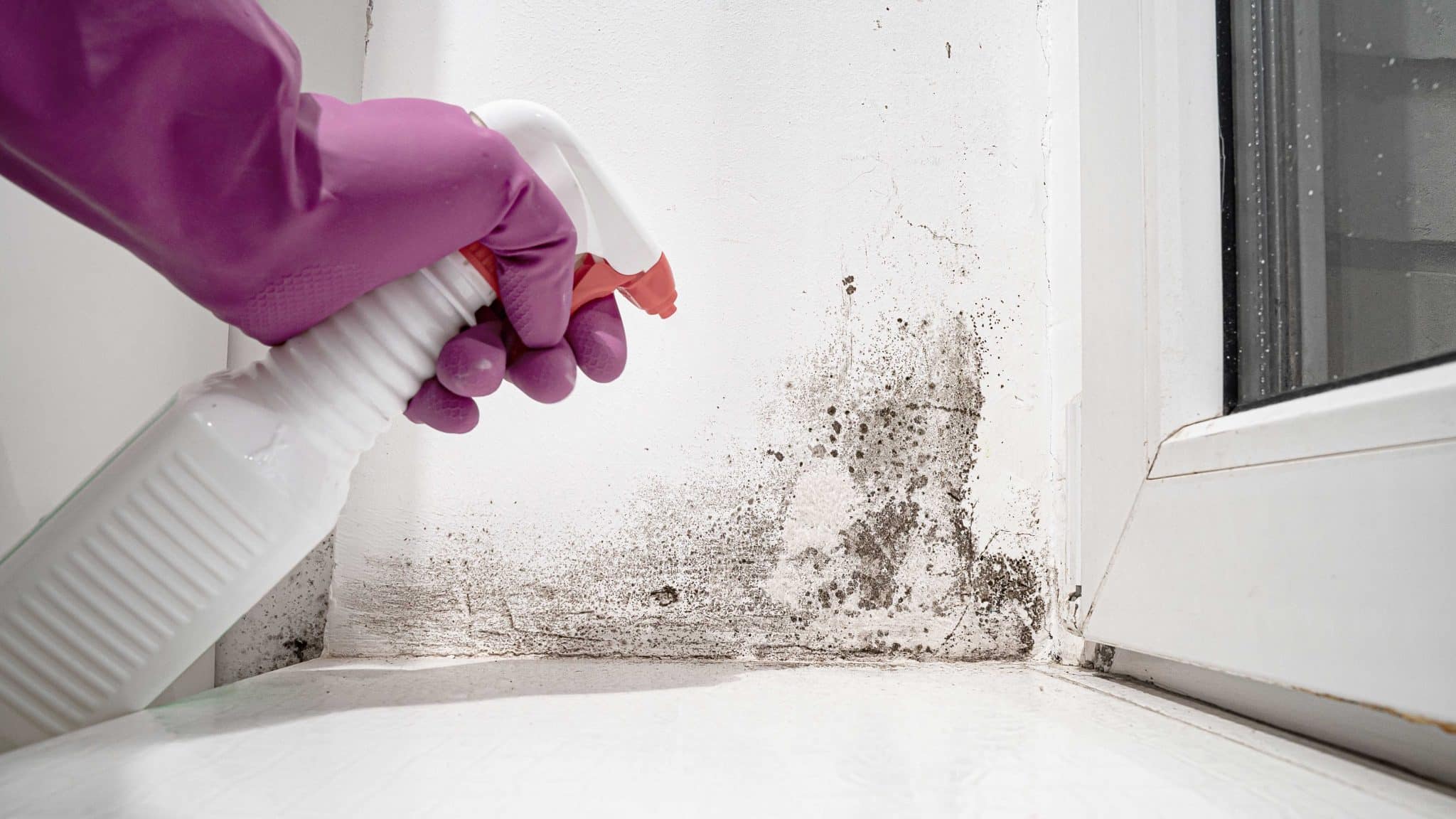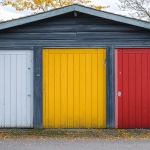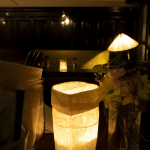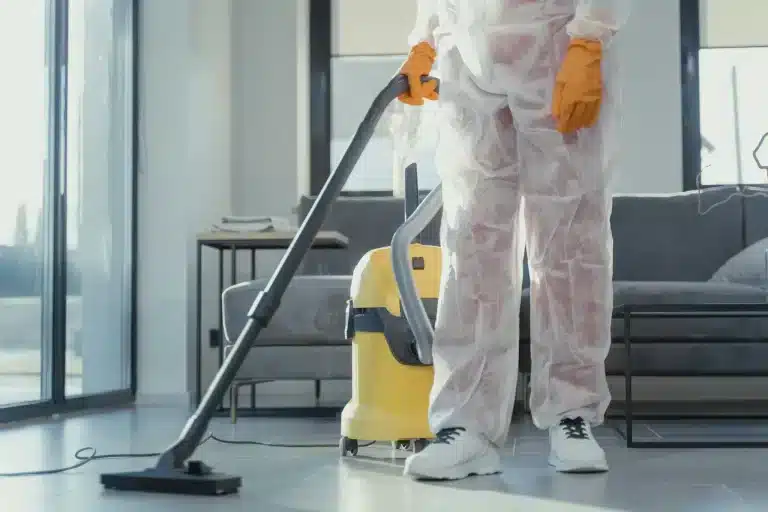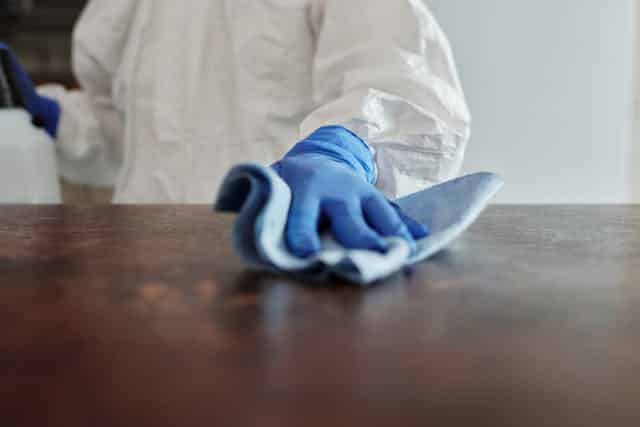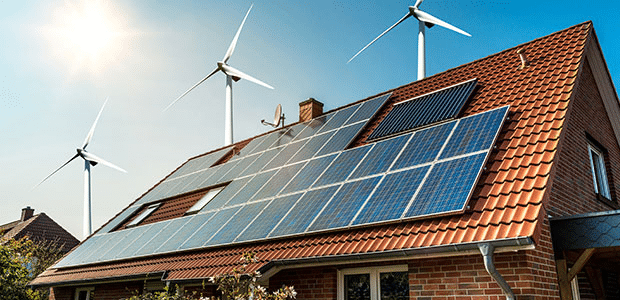Mold growth in the basement is a common problem in many homes. Mold often grows in hidden places, such as underneath the drywall or ceiling tiles in your basement. You can identify mold infestation by a consistent musty odor or as visible patches. Since it presents serious hazards to your health and your home’s structure, it is important to eradicate mold and address its underlying cause to prevent its future growth.
Although seeking expert intervention is the best possible way to get rid of the mold in your basement, you can also opt for DIY methods if you can’t collaborate with the professionals. Read this article to find some effective DIY basement mold eradication methods.
It is worth mentioning that you need to take adequate safety precautions while working. Use safety goggles and gloves. If possible, open the window in your basement before starting DIY mold eradication.
Use Vinegar Solution
Vinegar is a cheap antibacterial and antifungal agent easily available in our homes. Acetic acid present in the vinegar can efficiently kill mold and other microbial agents present on various surfaces in your basement, such as ceiling and drywall.
Pour the vinegar into a spray bottle and directly spray it onto the mold. Allow the vinegar to sit on the mold surface for 60 minutes, and then scrub it using a soft-bristled brush. Keep doing this until the mold completely comes off. Use a clean cloth to wipe it off, and then let it dry. Dispose of the rag and the brush once you’re done with the mold removal.
A potential drawback of this method is that it is not suitable for:
- Wooden floors (deteriorates the proactive finishing on the wood)
- Stone countertops (has the potential to etch the stone)
- Electronic screens (pose harm to their anti-glare properties and touch system)
Apply Baking Soda and Water Mixture
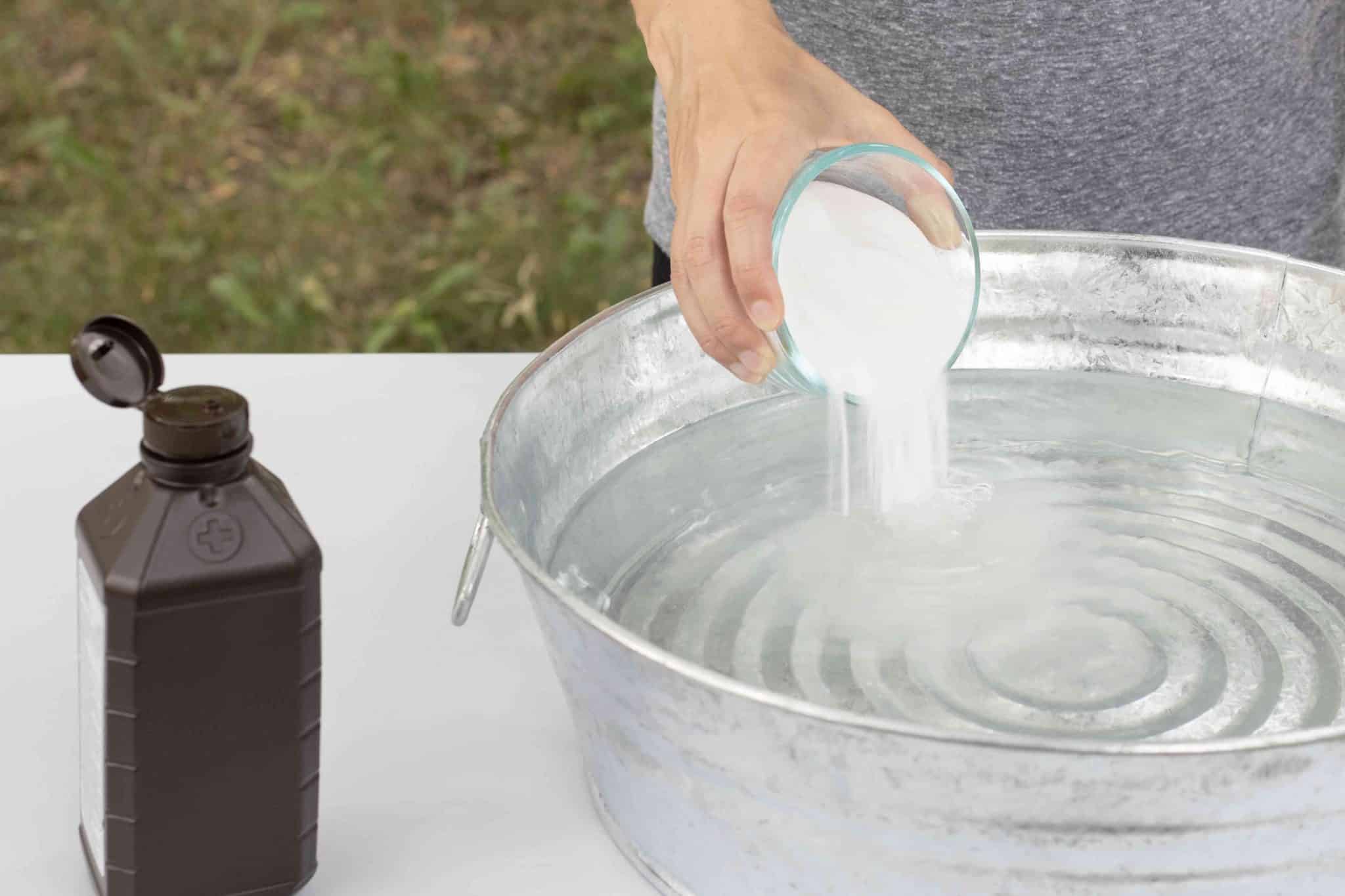
Baking soda, one of the popular natural ingredients for removing mold, has been known to cure black mold outbreaks for decades. The mildly alkaline pH of baking soda is too high for the mold to survive. As compared to vinegar, it is not hazardous for your family or belongings.
To eradicate mold, take two cups of water in a spray bottle. Add one-fourth teaspoon of baking soda into it and mix. Spray the mixture on the moldy surface and scrub it with a soft brush. Then, wash away the mold and residual baking soda mixture. Repeat the same procedure for better results.
However, a potential drawback of baking soda is that it is not effective for major outbreaks. In case of excessive mold growth, try hiring basement waterproofing experts who will thoroughly analyze your basement for mold infestation.
They look for the root cause of mold, which in most cases is water damage, and implement effective strategies to address that cause to avoid future infestation.
Treat the Affected Area with Hydrogen Peroxide
Another popular antimicrobial agent, hydrogen peroxide, is quite effective for removing mold. It kills microbes by denaturing their proteins and DNA.
To kill mold from white solid surfaces, spray a commercially available 3% H2O2 solution onto the affected area and allow it to rest for at least 10 minutes or until the H2O2 stops effervescing. Then, use a soft brush or a cloth to scrub the mold off the surface. Following this, dry the area with a clean rag. Repeat the same steps if required.
Hydrogen peroxide can safely remove mold from solid surfaces like:
- Tabletops
- Counters
- Glass
- Shower
However, hydrogen peroxide can potentially bleach natural fabrics like mold. If mold has penetrated through porous surfaces like fabrics and wood, you should instantly seek assistance from basement waterproofing technicians.
Scrub Off the Mold with a Bleach
Bleach is a biocide that can kill mold growing on hard-to-penetrate surfaces. Add a cup of bleach to a gallon of water and pour the mixture into a spray bottle. Spray the bleach mixture onto the moldy surface and let it rest.
Scrub off the mold with a brush and then wash with clean water. Allow the washed surface to air dry. Dispose of the clothes and brush after use. You need to be extra careful while using bleach. Chlorine bleach is highly toxic and releases a cancerous chemical called dioxin into the environment.
Although bleach is quite effective for removing mold, the Environmental Protection Agency (EPA) suggests that no biocides have the potential to sterilize a surface completely. It still leaves mold spores behind, which start growing again as soon as the conditions become favorable.
Use Tea Tree Oil for Mold Removal
Apart from aromatherapy, some essential oils, such as tea oil, also have the potential to eradicate mold. Tea tree oil contains a chemical called terpinene-4, an antifungal agent that is helpful in removing mold spores from the ambient air. Dilute around 20 drops of tea tree oil into a spray bottle full of water. Directly spray it onto the mold-affected area and allow it to rest for a few minutes. Then, wipe it off with a clean rag.
You can also add this essential oil to a diffuser to reduce the concentration of mold spores in the air. However, avoid direct skin contact with essential oils, as they are highly concentrated and likely to cause allergic reactions.
Contact Basement Waterproofing Experts
Although DIY methods are quite effective for mold eradication, none is helpful in 100% removal. In addition, a DIYer can remove mold from their basement but cannot identify its root cause. Unaddressed underlying basement problems can lead to severe structural damage in the future
. Therefore, we recommend you always seek expert intervention in this regard. Experts possess all the necessary tools and skills to resolve mold problems in your basement completely.
Conclusion
Mold infestation, if not controlled, can compromise a home’s integrity. You can use natural antifungal agents like hydrogen peroxide, vinegar, or baking soda to eliminate mold. Some chemicals and essential oils, like bleach and tea tree oil, are also beneficial in getting rid of mold and mildew. However, only experts can ensure the complete elimination of mold spores from the surfaces and air in your basement.

